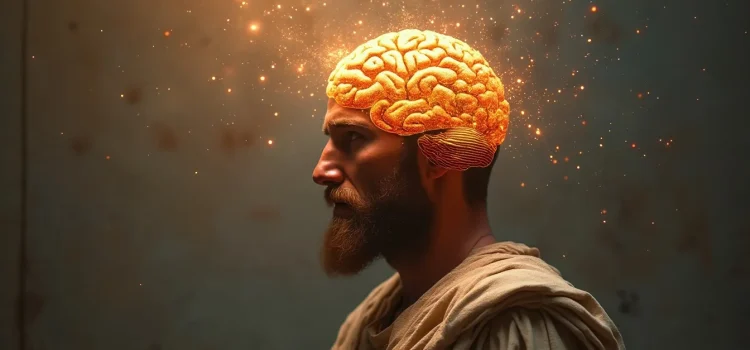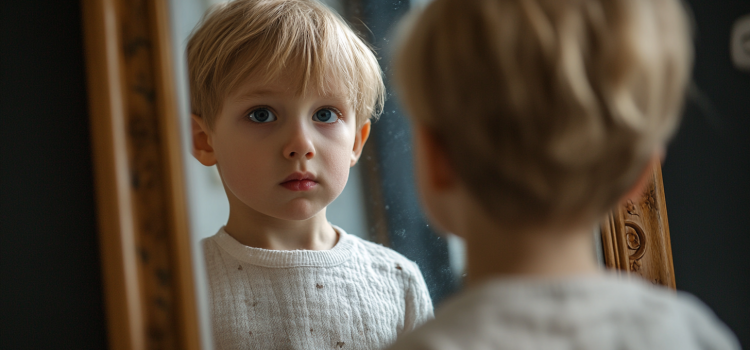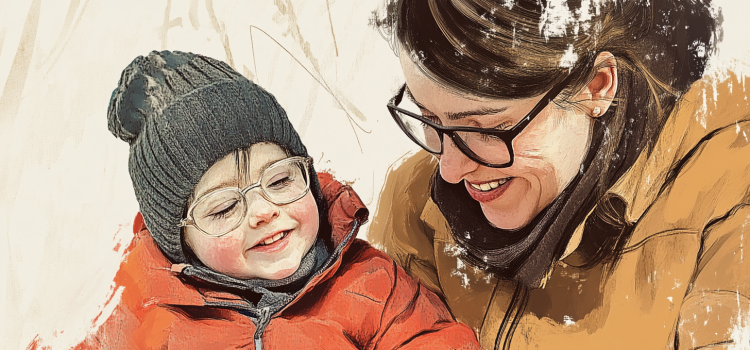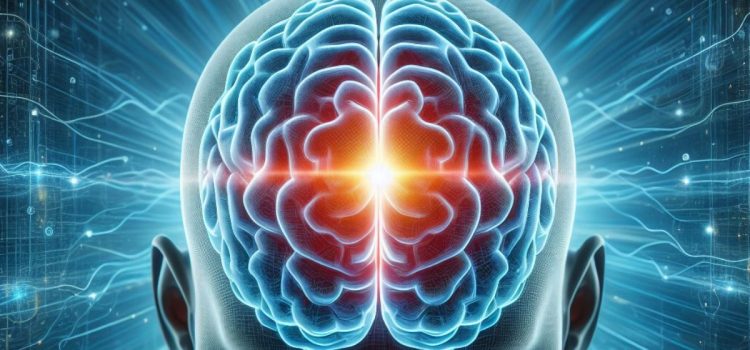What did people’s minds feel like before the development of human consciousness as we know it? How did our ancestors interpret the thoughts in their heads? Julian Jaynes’s bicameral mind theory suggests that consciousness as we know it emerged only around 3,000 years ago, replacing an earlier mental structure. Jaynes proposes that humans once possessed a “bicameral mind,” where one part of the mind seemed to speak while the other listened and obeyed. Keep reading to learn the core principles of this theory and the questions it might answer.
Julian Jaynes’s Bicameral Mind Theory: Principles & Legacy










